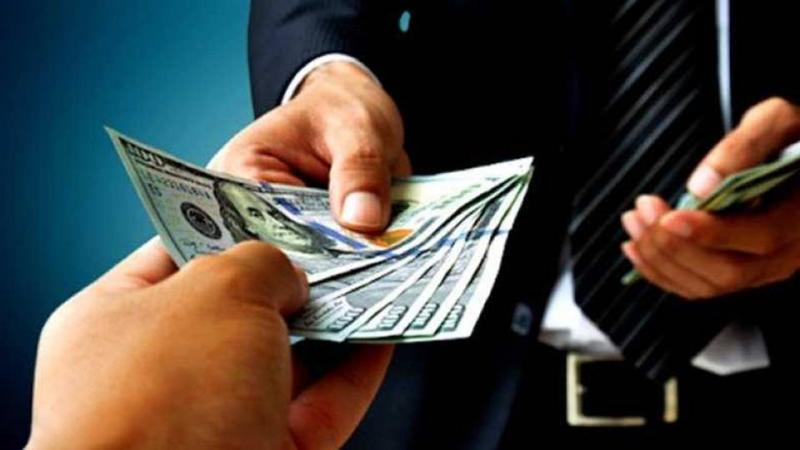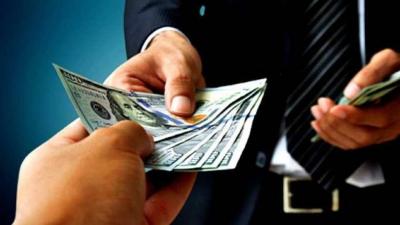The rise in the dollar exchange rate, which surpassed the threshold of 29,000 Lebanese pounds last night in the black market, is no longer surprising and does not require justification, analysis, or lengthy explanations about the theory of increasing scarcity of dollars and the Lebanese pound. There is a consensus that the upward trend of the dollar will continue, despite support from the Central Bank of Lebanon and the ongoing implementation of Circular No. 161, which allows withdrawals in dollars at the "Sayrafa" platform price, which reached 23,200 Lebanese pounds yesterday, closing the gap with the rising black market dollar.
From this perspective, the post-election phase requires a new strategic outlook that could, if pursued along the correct reform paths and in agreement with the International Monetary Fund, help stabilize the exchange rate and put an end to the theft of depositors' savings. In this context, the former head of the Banking Control Committee, Samir Hamoud, asked through "Nidaa Al-Watan": "Are we in a phase of addressing monetary and financial issues? Or will matters remain completely left to market forces, especially to the Central Bank, with its purely monetary tools, without real political, financial or economic solutions until constitutional institutions are completed, from the Parliament to the Government, and then the Prime Minister?"
In light of the current situation, regarding the Central Bank's intervention to support the pound, Hamoud believes that "the dollar will continue to decrease when the intervention of the Central Bank occurs more significantly by injecting a larger amount of money, and it will rise when the demand for it increases ... This is in addition to the existing discrepancy between the Sayrafa platform price and the black market exchange rate."
Hamoud affirmed that "there is instability in the language of monetary practice, as evidenced by the difference between cash in Lebanese pounds and checks in pounds, which reached a level of 38% before dropping to 31%, while cash against checks in dollars is at rates of 14 and 15%." He pointed out that the current situation indicates that the country is experiencing a state of "disorder and complete chaos in dealing with monetary issues and people's money."
Therefore, it is no longer important how the dollar's exchange rate moves as much as it is crucial to immediately put an end to the theft of people's money, because "protecting people's savings is more important than all exchange rates."
Patricia Jalad - Nidaa Al-Watan




